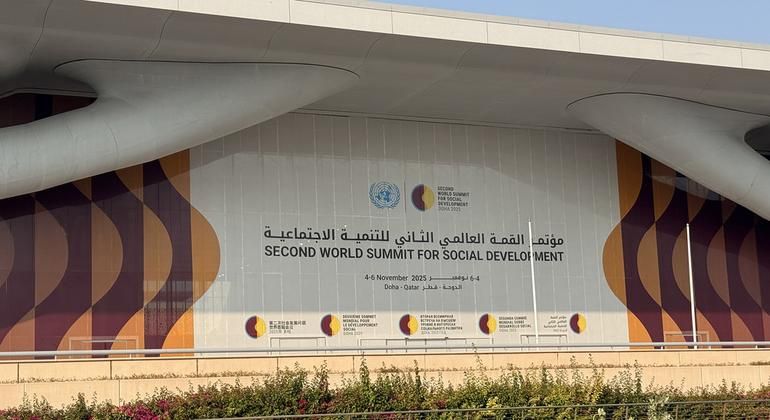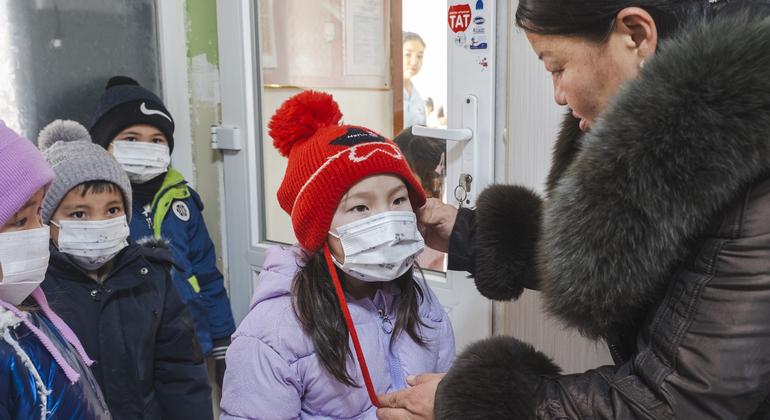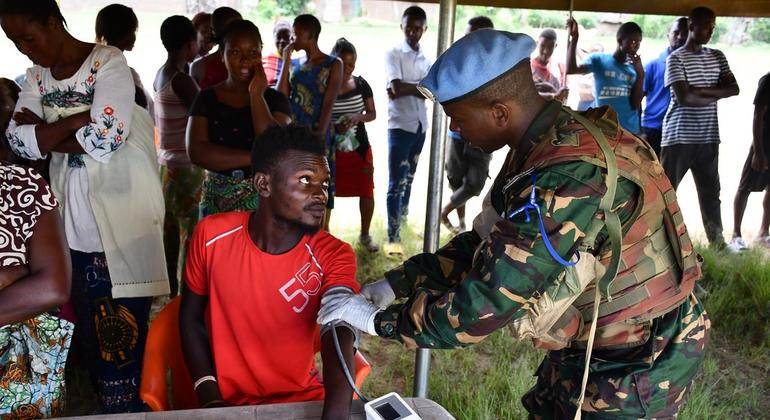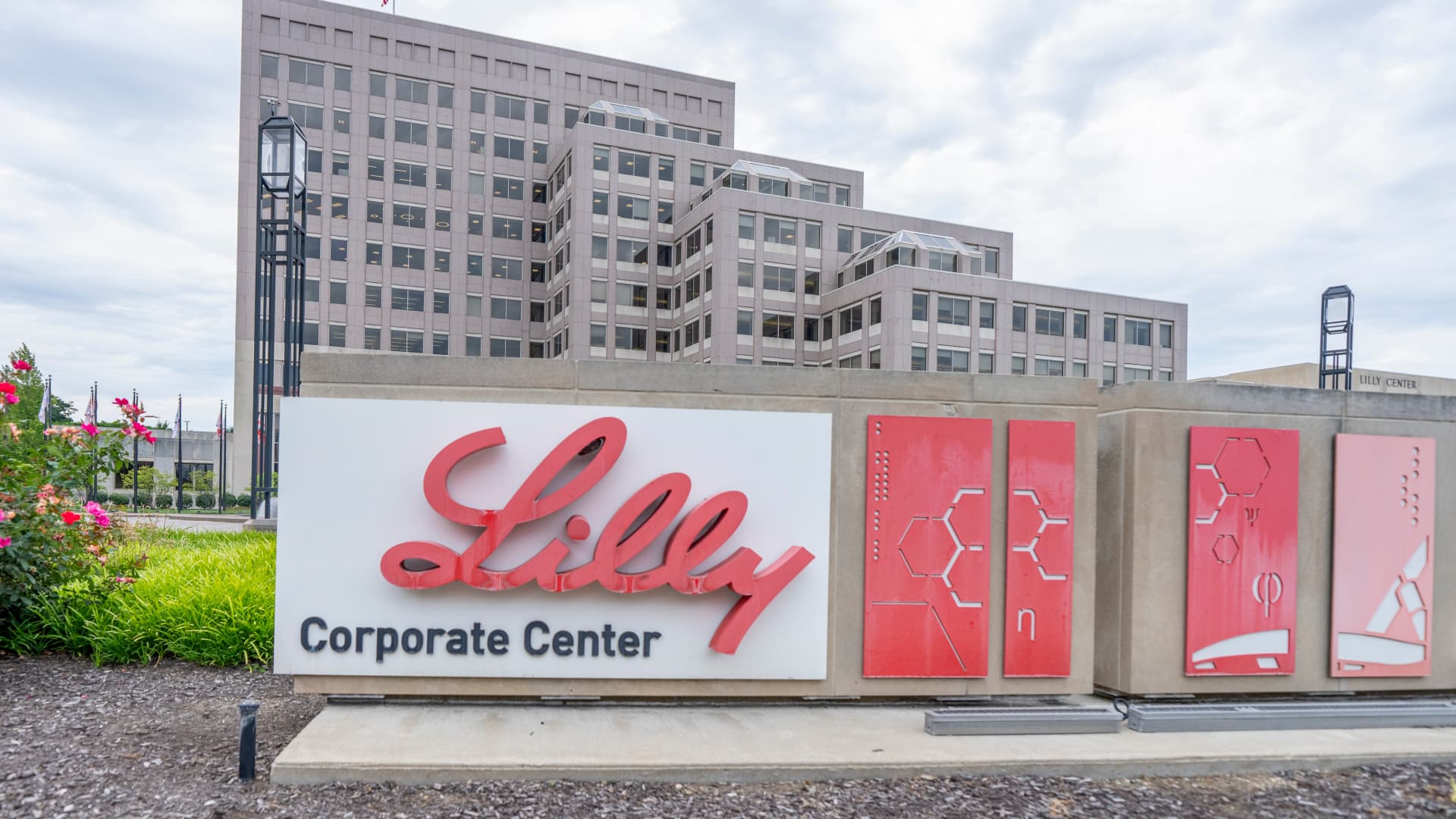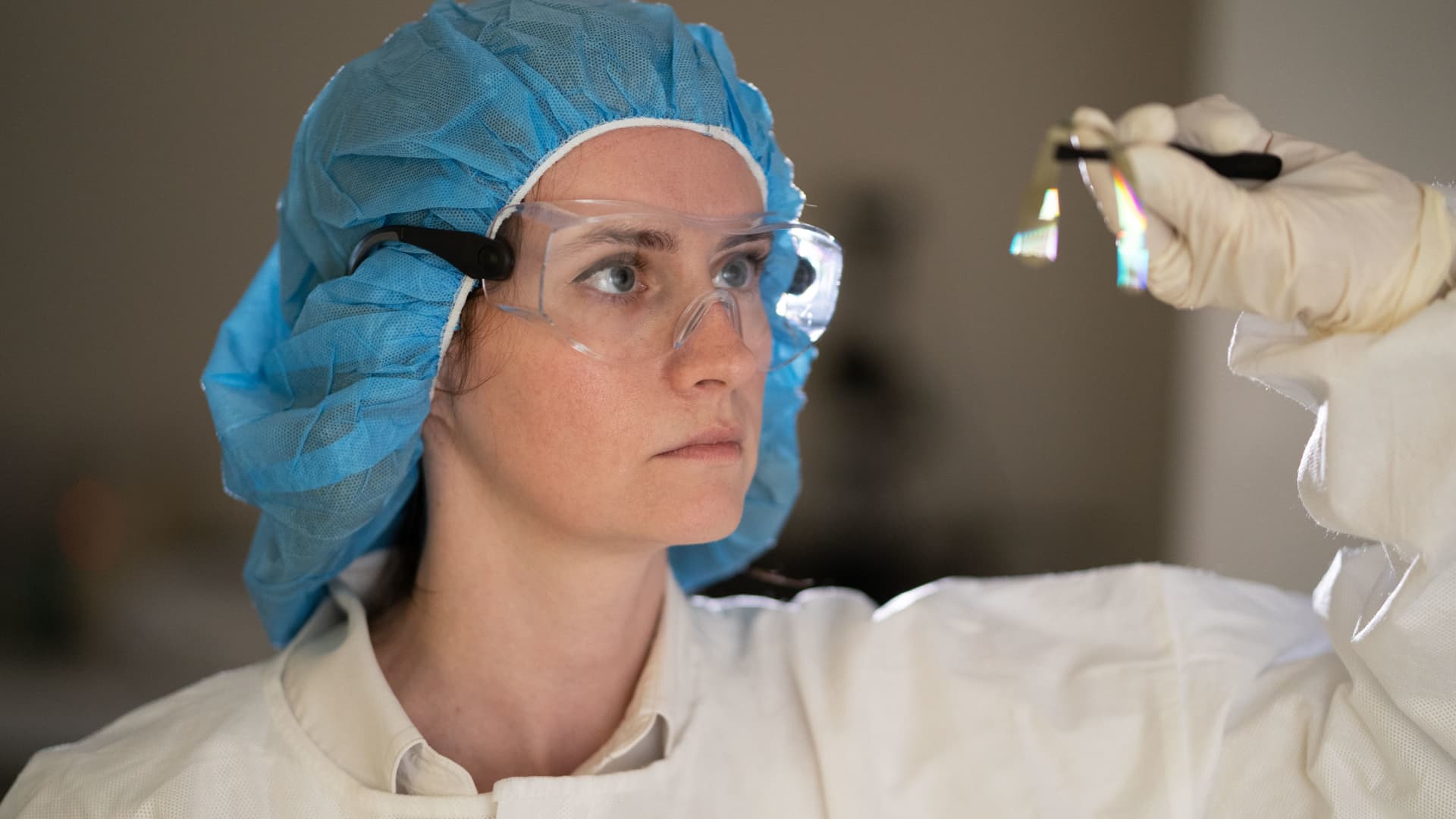The discussions took place at the Doha Solutions Forum for Social Development and at the first leaders' meeting of the Global Alliance against Hunger and Poverty, held on the sidelines of the Second World Summit for Social Development.
Learn from each other
Opening the Solutions Forum, UN General Assembly President Annalena Baerbock said the event marked a deliberate shift from “admiring the problem” to acting on proven approaches.
“Too often we are faced with situations where we have no clear solution, no answer to the suffering we see, and it is heartbreaking,” she said.
“Or we have the solution [but] We either can't or don't want to do what needs to be done, which is frustrating.“
“Today is different: we are here to avoid falling into those traps,”, he added, “to learn from each other; benefit from good ideas; join forces; and live up to our common principles.”
Partnerships make it possible
Organized by the State of Qatar in collaboration with France and supported by the United Nations Department of Economic and Social Affairs (DESA), the Forum brought together government officials, private sector representatives and a range of stakeholders who highlighted policies and projects that have had an impact in areas such as poverty eradication, decent work and social inclusion.
For her part, Ms. Baerbock cited examples from around the world, including a program in Sierra Leone that supports people with disabilities through training, job placement and microcredit.
In Sri Lanka, a civil society innovation hub trains youth for employment and reinvests revenue into further skills development, while in India a national digital identity system has helped open more than 300 million bank accounts and expand access to social services.
These initiatives show what is possible when innovation, partnership and resources come together, he said, urging delegates to seize the opportunities.
Expand solutions that work
UN Deputy Secretary-General Amina Mohammed echoed the urgency of moving from commitment to implementation.
He stressed the importance of the Doha Political Declaration to be adopted during the World Summit.
“It requires social contracts that work for people: fair, inclusive and built for current realities,” he said.
“To achieve this, we must scale solutions that work,” urged participants to draw lessons from the solutions highlighted in the Solutions Forum.
“Take advantage of these stories. Let them fuel your determination. Take them to your communities and turn them into bold actions, today and for generations to come.“
A health worker measures a child for signs of malnutrition in Khartoum, Sudan. Around the world, conflict and climate-related disruptions are causing increased hunger, leaving families struggling to access food, care and stability.
Global alliance meets to confront hunger crisis
The focus on solutions continued on Monday, when leaders gathered for the first high-level meeting of the Global Alliance Against Hunger and Poverty.
With more than 670 million people going hungry and 2.3 billion facing moderate or severe food insecurity, General Assembly President Baerbock highlighted that the current hunger crisis is not due to a lack of food, but to “inequality, conflict and political decisions.”
“This means billions are wondering where their next meal will come from.“she said.”Let parents see their children go to bed hungry… the hunger crisis is not a lack of food. It is totally preventable.“
As the planet warms, insecurity spreads
He pointed in particular to climate change as a factor rapidly accelerating food insecurity.
Describing Sahelian farmland turned to dust, he called it “the new frontline of food insecurity,” warning that unchecked global warming could push up to 1.8 billion more people into hunger.
The Global Alliance, launched under Brazil's presidency of the G20 in 2024, now includes almost 200 members, including national governments, regional bodies, international organizations and civil society groups.
Monday's meeting aimed to strengthen coordinated action, including expanding social protection, supporting rural livelihoods and investing in climate resilient agriculture.
“In a world of plenty, where there should be more than enough for everyone, it is entirely possible to ensure that everyone, everywhere, has enough to eat,” Ms Baerbock said. “A world free of hunger and poverty is not a distant aspiration. It is within our reach if we seek it together.”
UN news from the field
UN News is in Doha and provides continuous coverage throughout the week, including live updates, interviews and analysis of the Summit. Follow our coverage here.

